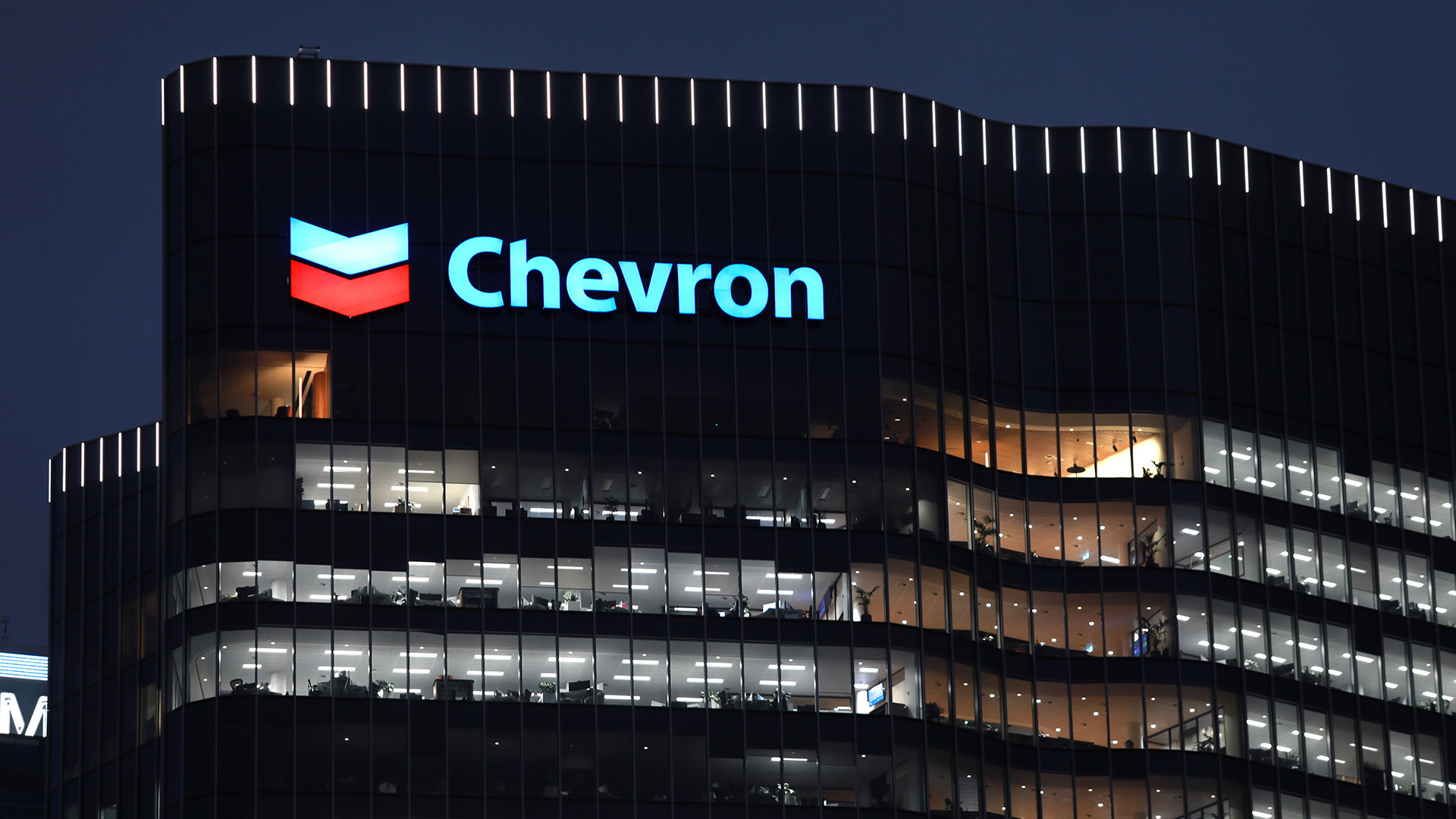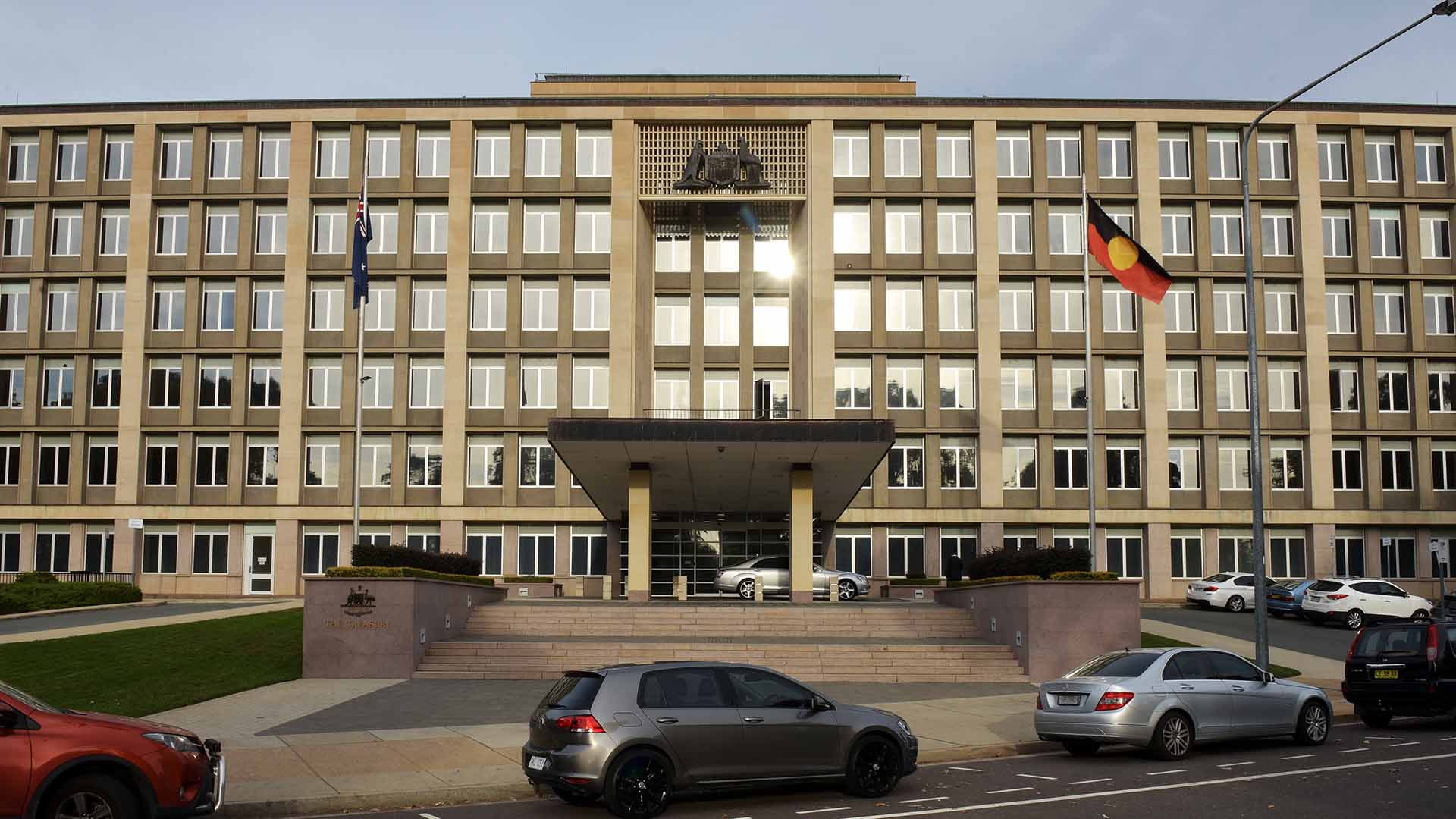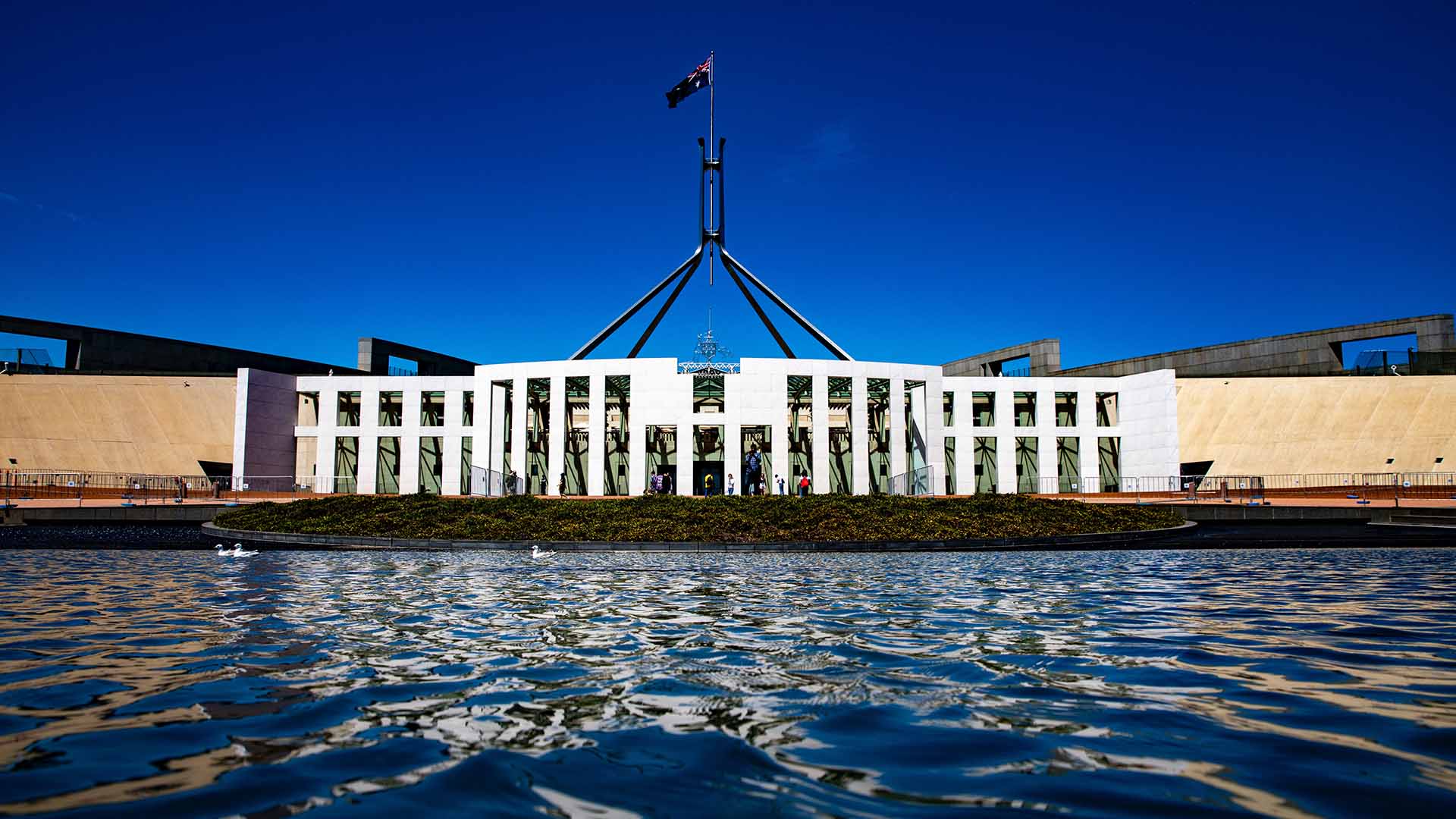CORPORATE TRANSPARENCY
Big oil companies reject tax transparency push by activist investor
Nonprofit Oxfam America had sought to encourage Chevron and others to publicly report additional details about their business operations around the world.

Shareholders at three of the world’s largest oil companies recently turned down tax transparency proposals from an activist investor.
At Chevron, a proposal to publicly report the company’s earnings and tax bills in every country where it operates was defeated on May 29; 85% of votes were against the proposal. The shareholders followed recommendations from the board of directors, according to documents from the Securities and Exchange Commission obtained by Law360. Meanwhile, ExxonMobil and ConocoPhillips blocked similar votes, SEC letters obtained by Law360 show.
The proposals were initiated by nonprofit Oxfam America, which purchased shares in the companies to engage in shareholder activism to try to influence their behavior.
Aubrey Menard, Oxfam America’s senior policy advisor for extractive industries transparency, told ICIJ that Oxfam files shareholder resolutions “when we believe the environmental, social, or governance issue in question would financially benefit the company.”
“Like any other shareholder, we are invested in the financial health and performance of the companies we own. But we also hope that they choose to maximize their financial returns in sustainable ways,” Menard said. “Country-by-country reporting doesn’t only make sense because it is good for oil and gas companies to get involved in tax transparency as a best practice, but it is also better for business.”
Menard said that public transparency reports allow shareholders and investors to hold corporations accountable and make sure “their profits are genuine, less risky and aren’t the result of profit shifting” — the strategic movement of profit to jurisdictions with lower taxes. A 2021 U.N. report estimated profit shifting costs the countries where the profits are made $500 billion to $650 billion per year.
In its annual mandatory report to shareholders, known as a proxy statement, Chevron addressed the Oxfam proposal saying it already publicly provides sufficient details about taxes and that it complies with tax regulations in all jurisdictions where it operates. ExxonMobil and ConocoPhillips didn’t respond to requests for comments from ICIJ.
Without country-by-country reporting, we are missing an important piece of the puzzle.
— Oxfam America senior policy advisor Aubrey Menard
In early June, shareholders at Texas-based oil company Kosmos Energy Ltd. also voted against adopting the country-by-country reporting standards proposed by Oxfam. Menard, who filed the proposal, said it was still “encouraging” that around 23% of votes were in favor. In its proxy statement, Kosmos said adopting a new standard would not add significant information for shareholders because the company already reports detailed information. The company’s board recommended a vote against the Oxfam proposal, saying other oil companies do not use the standard “and would therefore risk putting Kosmos at a competitive disadvantage.”
For years, financial transparency advocates have pushed for multinational corporations to publish more details about their operations as a way to tackle tax inequality globally. Last year, countries in the European Union began codifying mandatory requirements for global companies to report any profits made and taxes paid in EU member states. This recent wave of requirements and shareholder votes show a growing demand for more disclosure, some advocates said.
“It’s clear that investors are eager to see exactly where and how their portfolio companies are doing business, and whether those companies are earning their profits through innovation and competitive advantage, or risky and irresponsible tax practices,” Ian Gary, executive director of the FACT Coalition said in a statement.
Oxfam proposed that the corporations use the tax reporting standard set by the Global Reporting Initiative, an entity headquartered in Amsterdam whose reporting framework is widely recognized. GRI told Law360 that Ford, Samsung and Shell are among the corporations that use its reporting model. Menard said several energy and mining corporations have also adopted GRI standards.
Unlike the EU’s mandatory reporting framework, the GRI standard is voluntary, applies to operations in all countries — not just the EU — and goes beyond earnings, losses and tax payments. GRI also asks the companies to describe their approach to tax governance, tax compliance and risk management, how stakeholders engage with the companies’ tax dealings and how the companies handle their concerns.
Menard said that gas, oil and mining companies are extracting resources from countries that are expecting to receive a profit in exchange. Detailed reporting of operations in each jurisdiction is necessary to know if the companies are shifting their profits to tax havens, instead of paying their fair share to the countries from which they are extracting resources, Menard explained.
“Without country-by-country reporting, we are missing an important piece of the puzzle,” Menard said.
Last year, Australian lawmakers attempted to approve tough regulations that would have required all companies with global revenues over AU$1 billion (roughly $668 million) to publicly disclose the assets they hold, the taxes they pay, and their effective tax rate in each country where they operate. However, the Australian government amended the measures after intense lobbying from multinational companies. The Australian government said it would align its regulations to those adopted by the EU, which were not as broad.
In 2018 Chevron paid $654 million to the Australian Taxation Office for a partial settlement after it lost a federal case the year before over an inter-company loan dispute. The authorities said Chevron used a subsidiary in Delaware to borrow billions of dollars at a low interest rate and then lend the money to a subsidiary in Australia at a 9% interest rate, which allowed the company to reduce taxes on profit by claiming interest payments as deductions.
Tax reporting initiatives similar to those proposed by Oxfam at the big oil companies were rejected by shareholders at Amazon and Microsoft in recent years. While in 2022 the SEC initially prevented Amazon from blocking a shareholder resolution to adopt GRI standards, it allowed ConocoPhillips and Exxon to prevent shareholders from voting on an identical proposal by Oxfam, Law360 reported.
Update, June 26, 2024, 5:30 p.m.: This story has been updated to include a comment provided by Oxfam after publication that adds further context to Oxfam’s investment decisions.


